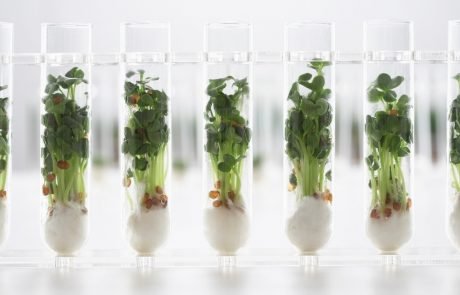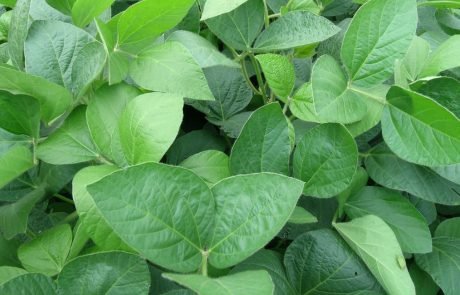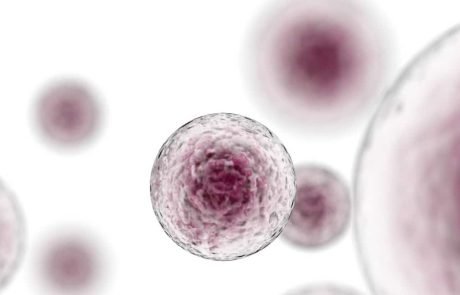Researchers have developed a novel device that can convert energy from Wi-Fi signals into electricity. A new paper describing the new groundbreaking technology was published on 28 January in the
All posts by Siobhán Dunphy
For the first time, an international team of researchers from the International Institute for Applied Systems Analysis near Vienna, Austria have shown a causal link between climatic change, conflict, and
Scientists warn Japan’s approval of stem cell treatment for spinal injuries is premature
Despite many niggling concerns still holding back stem cell therapies, Japan has just approved a stem cell treatment for spinal cord injury. However, according to experts approached for comment by
A new gene expression atlas has now mapped the ‘noisy genes’ responsible for phenotypic variation ― differences in physical characteristics ― that often exists between genetically identical plants, even in
Rising levels of atmospheric carbon dioxide (CO2) are known to boost crop yields by increasing rates of photosynthesis and reducing water loss through transpiration. However, a new study has demonstrated
Computer systems are becoming more and more embedded in everyday life. However, a new study, slated for publication in the April edition of the journal Computers and Human Behaviour, highlights
A new paper published on 21 January in Nature Climate Change has provided some insights into potential changes in important groundwater reserves as a result of climate change (1). The
On 16 January, a Tel Aviv-based startup announced the launch of a new service called SeeTree that will provide farmers with important information on crops, including disease, irrigation, and fertility.
A recent survey has found that “emissions charges could be popular if revenues are given back to citizens.” Based on their findings, a commentary published on 16 January in Nature,
Stem cell transplantation effectively reverses multiple sclerosis in some patients
Preliminary results reported on 15 January in JAMA suggest hematopoietic stem cell transplantation (HSCT) may be more effective than traditional therapies for treating the most common form of multiple sclerosis









